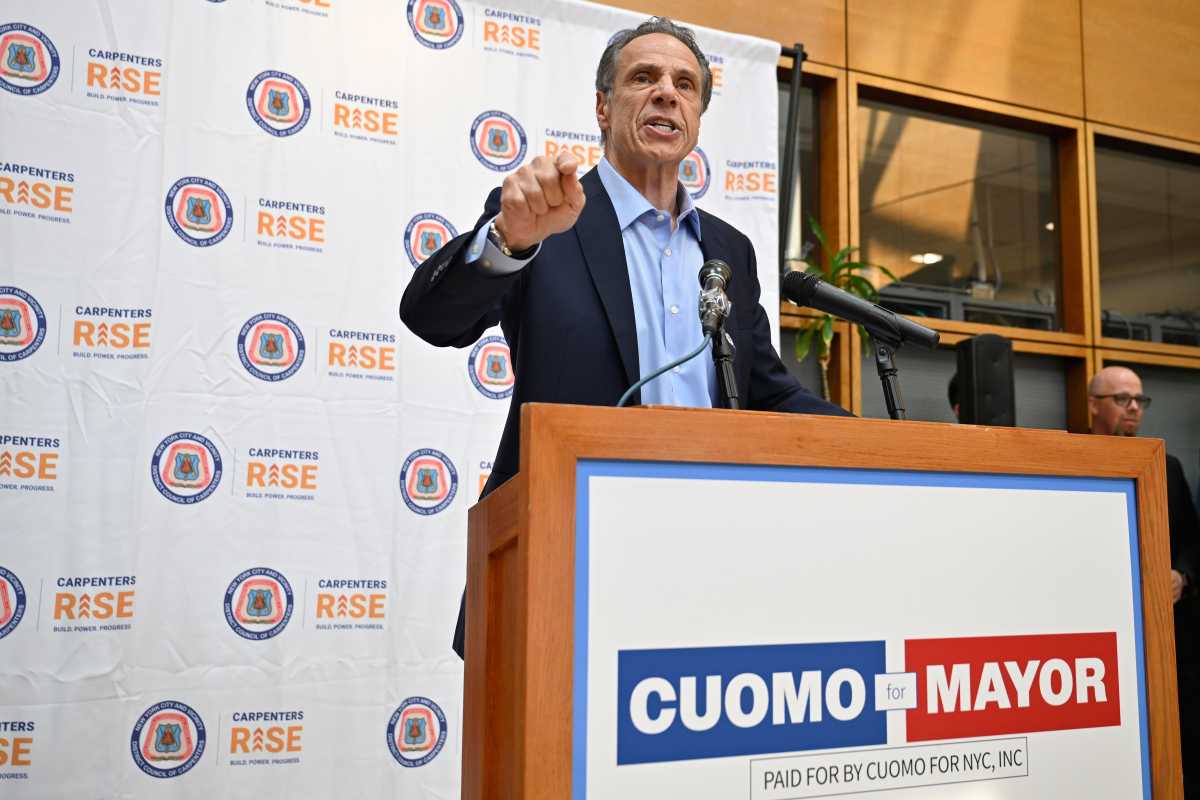Long before someone coined the word “globalization” it was being lived out in a human challenge dating back to the dawn of civilization — one now dazzling and inspiring the world from across the pond.
Even sports haters, and folk who don’t know curling from a curling iron, love the Olympics because they capture under one roof the ideals we’ve grappled unsuccessfully with throughout human history, including respect, regard, humility, fair play, friendship.
The games remind us that even in tough times the human spirit is unquenchable and unconquerable, and shines when it’s shared through physical contact. They demonstrate our primal need to be appreciated and rewarded for doing our best, while proving that people and nations can ditch their differences and duke it out in friendly competition to make the world a better place.
Olympians are in a class of their own. They define themselves through their mastery and skill, not by their nationality, ethnicity, politics, or gender. Their ability to rise above the fray and go for the gold endears them to us and makes every last one a champion — medal or not.
All is well with the world as long as we have the Olympics. They take the athlete and the fan on a thrilling trek to the apex of physical feat and endurance, like no other tournament.
The first games were played in Olympia, Greece, in 776 BC, but petered out soon after. Baron Pierre de Coubertin of France revived them in April 1896 as the athletic equivalent to a peace movement, offering 42 events in nine sports, and attracting 245 athletes from America, Great Britain, and 11 other countries.
The love affair had begun. Two hundred and four nations and 11,028 athletes participated in the 2008 Beijing games, with more than four billion viewers tuning in to rhapsodize.
Olympic athletes tough it out to hone their chops and earn their bragging rights.
They train like super humans to test their limits in grueling physical contests that eclipse our finest mental accomplishments. It’s harder to stretch the frontiers of the body than of the mind. That’s why we’re more electrified by the sight of gymnasts swirling on high beams like ribbons, swimmers gliding through water like fish, and high-jumpers soaring through the air like eagles, than by the discovery of the Higgs boson particle — even if it does usher in the advent of teleportation.
It’s also why cereal companies want super-swimmer Michael Phelps on their box of flakes instead of brainpot Peter Higgs.
Humans live and die to win, and competition is the juice that separates the awesome from the absolute — whether in a sports arena, a conference room, a back alley, or a battlefield.
Nowhere is that better personified than at the greatest sports spectacle on earth.
Follow A Britisher’s View on Twitter at https://twitter.com/#!/BritShavana
Read Shavana Abruzzo's opinions every Friday on BrooklynDaily.com. E-mail her at sabruzzo@cnglocal.com.
























